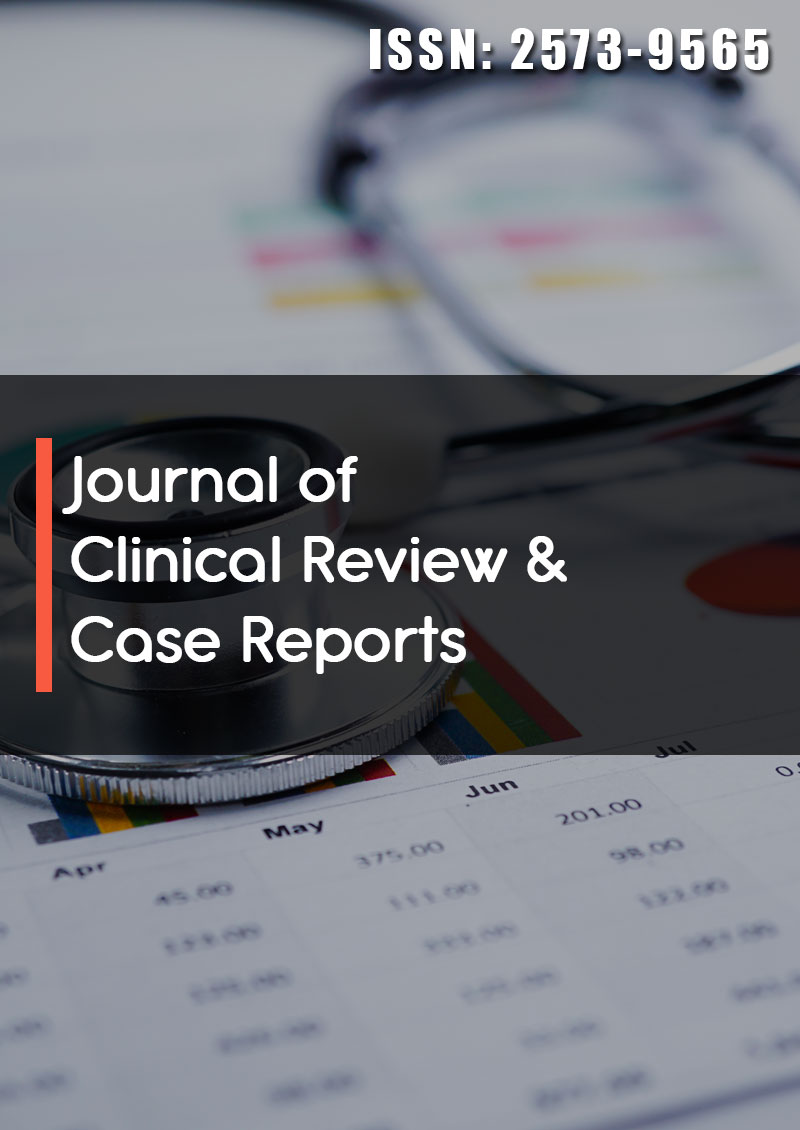Therapeutic Apheresis in Oncology
Abstract
Voinov VA, Orlov SV, Karchevsky KS and Isaulov OV
Background: Given the steady growth of oncologic diseases incidence worldwide, their treatment still remains not effective enough. The used methods of radio- and chemotherapy are associated with severe intoxication, underlying thanatogenesis. Besides, the tumor process is also associated with increasing intoxication. Objective: To study pathogenesis of tumor endotoxemia, radio- and chemotherapy complications, and to discover possibilities to use extracorporeal methods of detoxification and immune correction in treatment of malignant tumors.
Method: To review the world literature concerning tumor conditions treatment complications and methods of their correction; to use own methods of extracorporeal detoxification and immune correction.
Results: WHO reports present rather discouraging findings about a significant increase of patients with malignant tumors for the last 30 years and remaining rather high level of death rate. Using plasmapheresis weekly during the course of radiotherapy for pancreatic cancer was able to prevent a lot of complications and continue the treatment. There is a report about using plasmapheresis with lymphocytes isolation ant their incubation with roncoleukin (IL-2) in patients with small-cell carcinoma of the lungs. They show a significant increase of IL-2, TNFα, and interferon serum concentration in the patients, and their survival rare increased from 0.5 to 2-2.5 years.
Conclusion: Extracorporeal detoxification and immune correction can help eliminate endotoxemia and improve the treatment outcome. At the same time, higher doses of chemotherapeutic agents can be used.



